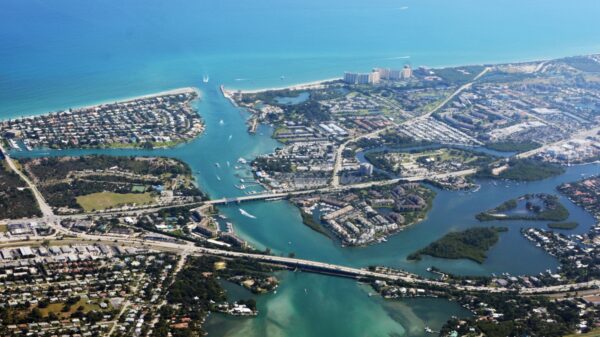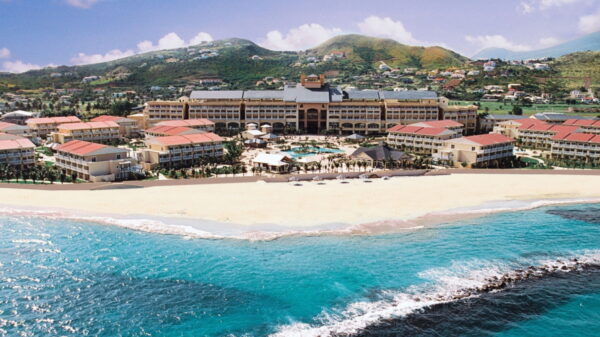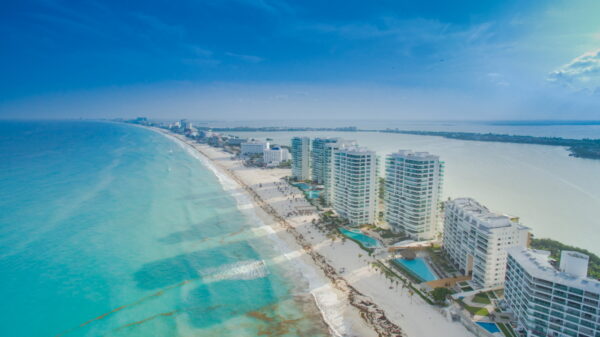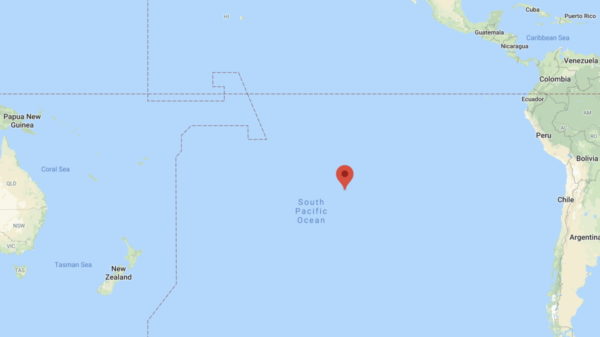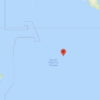The Philippines is a popular destination for location independent individuals, thanks to its warm climate, amazing nature and low cost of living. It also offers interesting tax benefits to those who stay long enough to qualify as tax residents. In this article, I review how residency and taxation works in the Philippines.
Residency
While I refer to it as a residency program, it is not really one in the conventional sense. In the Philippines, you get 30 days visa-free when you land (list of countries eligible for the visa waiver program). This can be extended for another 29 days. Then the magic happens and from there you can extend for six months at a time. In total, you can stay in the country without leaving for up to 36 months. It is important to note, however, that while you can stay in the country for many years, this does not necessarily make you a tax resident of the Philippines. To obtain that status, you need to spend at least 180 days every year in the country and you also need to be engaged in some type of business activity. If you meet those two requirements, you will be considered “nonresident alien engaged in trade or business (NRAETB)” and will be eligible for a much coveted tax residency certificate.
As mentioned above, there is nothing you need to do to get the first 30 days other than show up. To extend for the next 29 days (and beyond), you simply need to visit the nearest Bureau of Immigration office with your passport and this form. Please remember to dress sharply, the BI staff can be fussy about such things.
Taxation
If considered a NRAETB, you will be taxed on your Philippines-sourced income only (this includes income generated from work performed in the Philippines, even if for foreign clients). The rate is progressive, it starts at 5% and goes all the way up to 32% for income over half a million PHP. If not considered a NRAETB, your Philippines-sourced income will be taxed at the flat-rate of 25%. Please note that as a non-NRAETB, you will not be eligible for a tax residency certificate.







